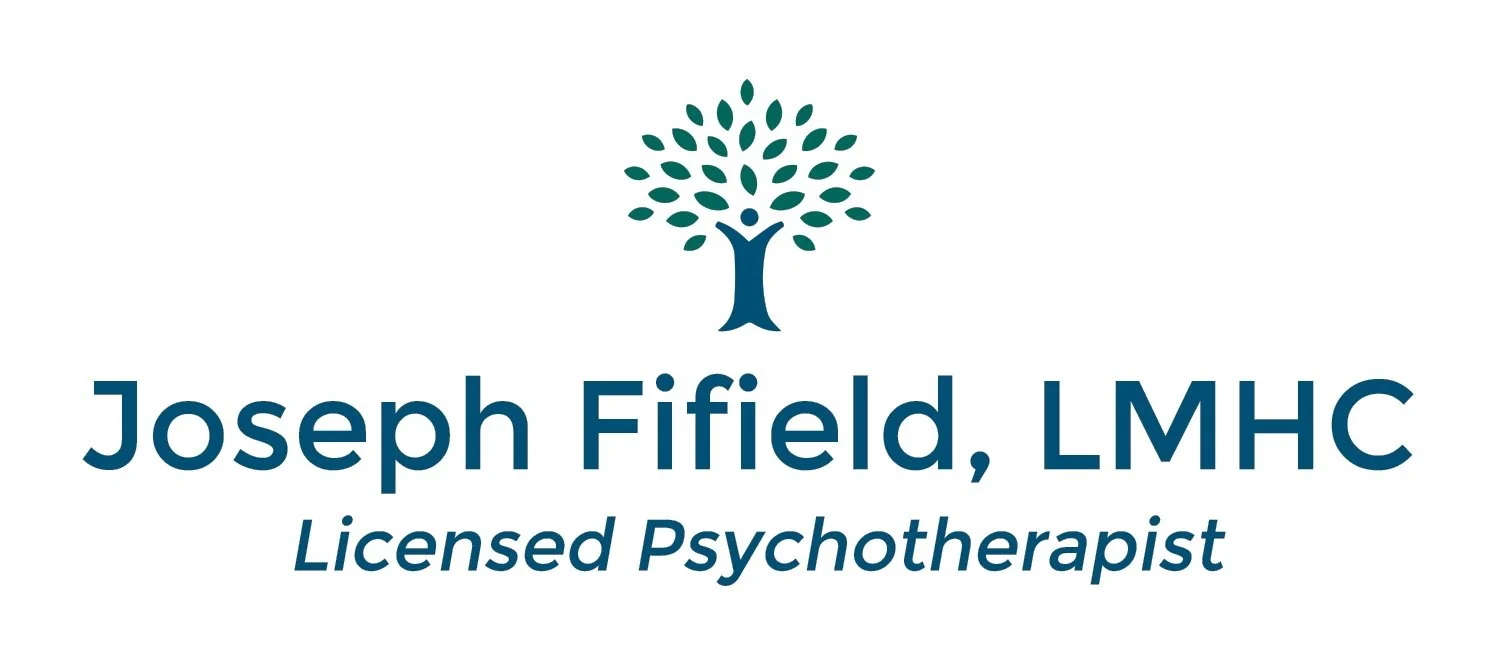WELCOME. OUR MISSION IS TO PROVIDE THE HIGHEST
LEVEL OF EXPERT CARE IN A SAFE SETTING.
OUR AREAS OF EXPERTISE INCLUDE:
Identifying and Changing Negative Core Beliefs:
Negative core beliefs are typically subconscious, deeply held assumptions people have about themselves, others, and the world. They often sound like:
“I’m not good enough.”
“People can’t be trusted.”
“The world is dangerous.”
“I’m unlovable.”
These beliefs usually form early in life, often through repeated experiences, and they strongly influence emotions and behaviors. Core belief work is commonly used for anxiety, depression, trauma/PTSD, low self-esteem, relationship or attachment issues, and personality patterns formed from early experiences.
Anxiety and Stress Reduction:
If you suffer from general nervousness, anxiety in social situations, panic attacks, obsessive thoughts, unrelenting worries, or an incapacitating phobia, you may have an anxiety disorder. Therapy helps you to understand the root causes of your anxiety and develop ways control your anxiety levels, stop worrisome thoughts, and manage your fears.
Self-Esteem, Worth, and Identity Issues:
It’s normal to be affected to a degree by the way others treat us. However, people with low self-esteem tend to depend on others for cues that they are OK. They are more likely to be influenced by others. If someone rejects them in some way or criticizes them, they react more strongly, tend to take things more personally and are hurt more deeply. Therapy can help develop and foster self-compassion. With self-compassion, your kindness to yourself is a given. It doesn’t rely on your last extraordinary accomplishment. You don’t have to justify your existence. You are a lovable person when you have excelled, and you are the same lovable person when you encounter failures. This means you don’t need to constantly do better than others, or better than your last best, in order to feel good. Some signs of low self-esteem/worth are racing/catastrophic thoughts, fears of failure/inadequacy/unlovability, perfectionism, consistently comparing oneself unfavorably, sensitivity to criticism/conflict (real and/or perceived), avoidance, procrastination, and an over emphasis/dependence on achievement, accolades and praise.
Depression:
Sadness is a normal reaction to difficult times in life and usually passes with a little time. Sometimes, however, the persistent feeling of sadness or loss of interest that characterizes depression can interfere with daily life and normal functioning and lead to a range of behavioral and physical symptoms. These may include changes in sleep, appetite, energy level, concentration, daily behavior, or self-esteem. Therapy has proven to be very effective for those with depression by lifting mood, modifying negative thoughts, behaviors and emotional responses, and helping to improve coping skills.
Relationship Concerns:
Relationships between people are often defined by repetitive patterns. These patterns can be positive or negative and generally go unnoticed. When issues inevitably arise the reciprocal nature of relationships can cause things to spiral out of control fast. Negative emotions build up and become catalysts for negative interactions. As the number of negative interactions increase, the worse things get. Therapy can help you identify these repetitive patterns. Once uncovered, the cycle of thoughts, feelings and behaviors sustaining your negative interactions can be consciously stopped and replaced with positive patterns of interaction.




